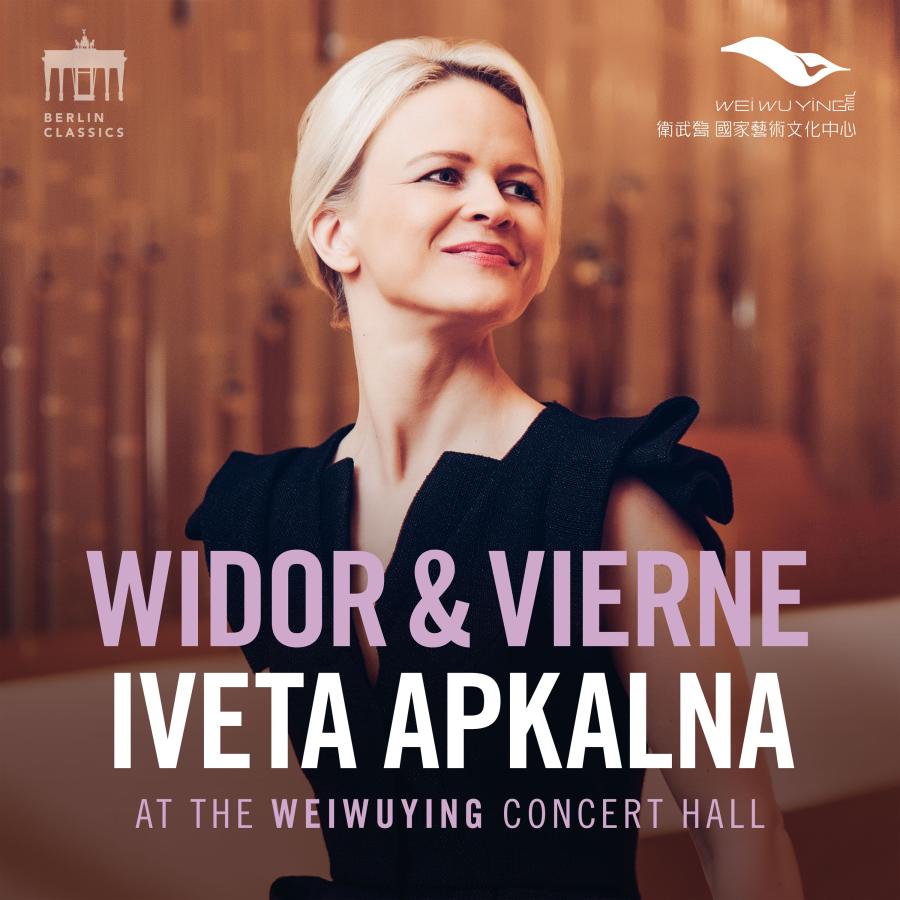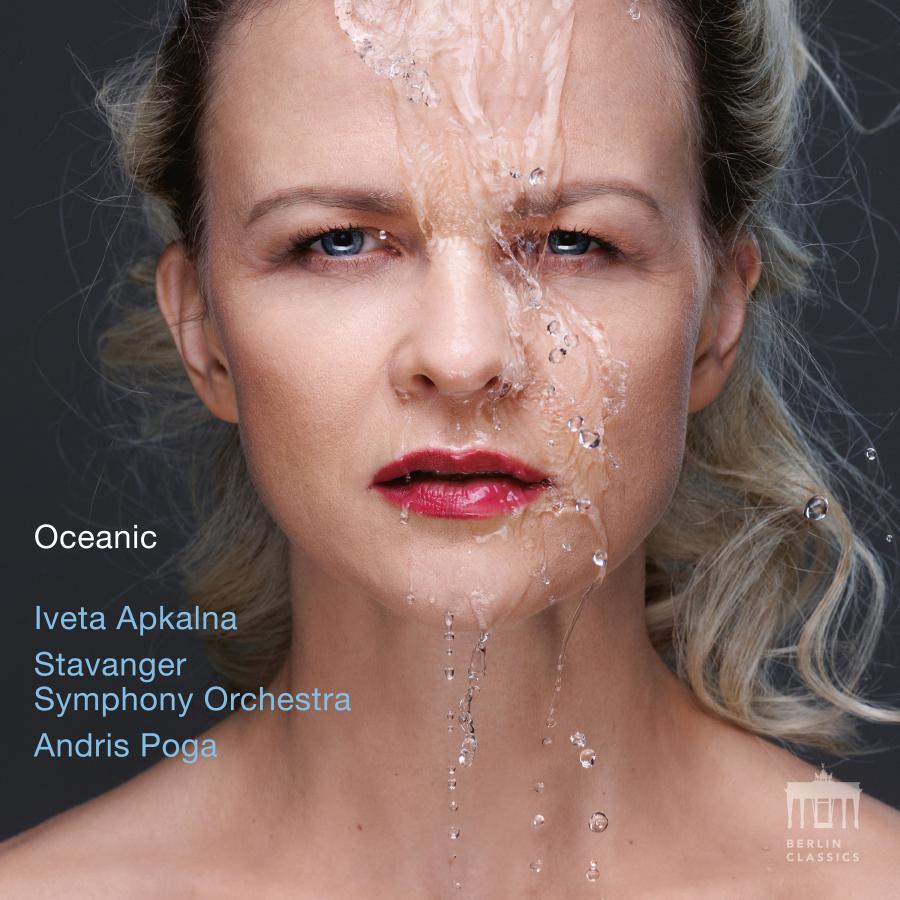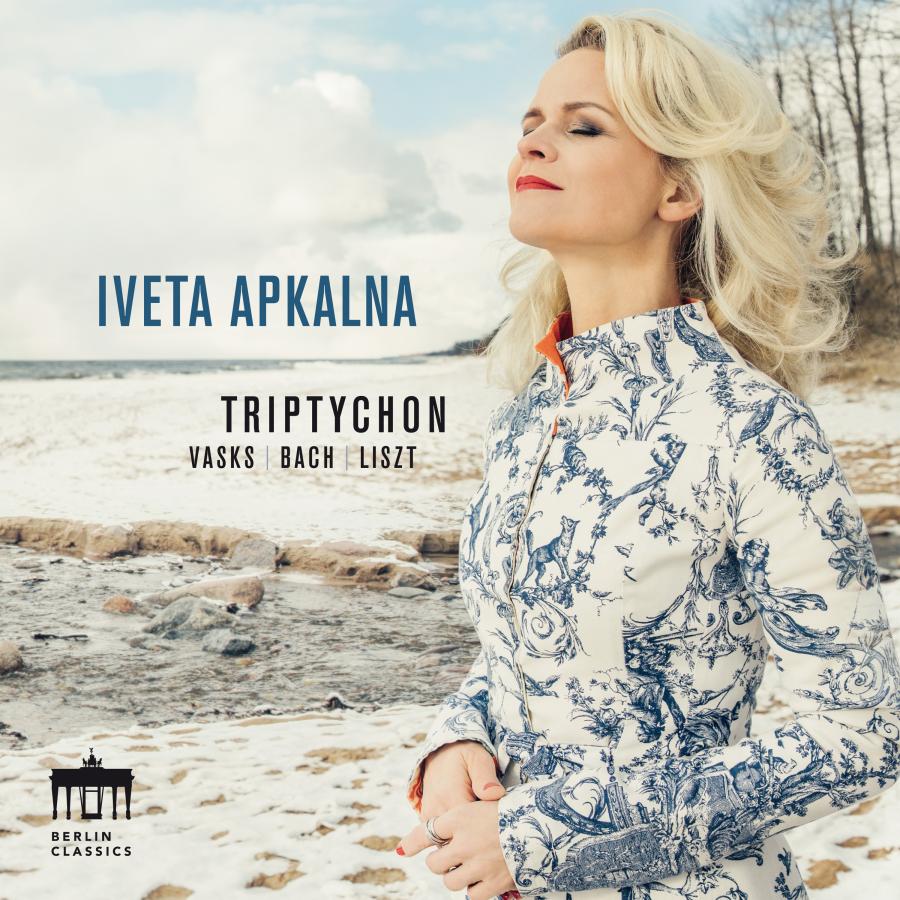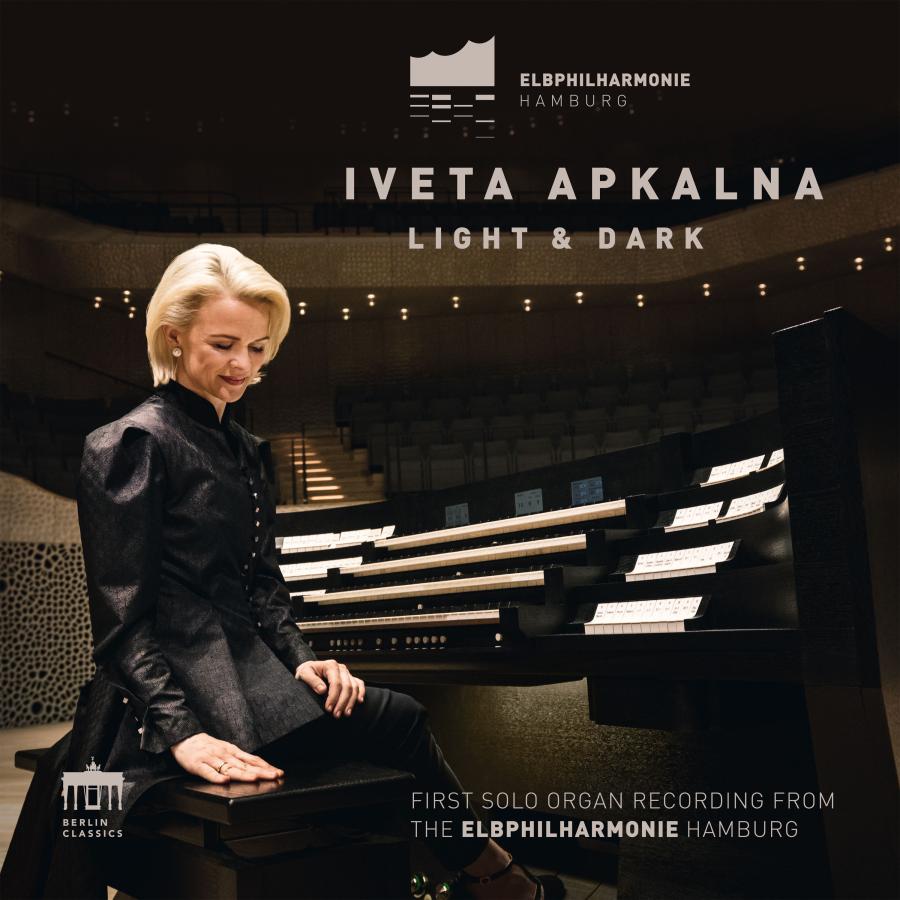“You can’t get more organ than that”
After coming to prominence as resident organist of the Elbphilharmonie in Hamburg, Iveta Apkalna has most recently been to the Far East, where in 2018 she inaugurated Asia’s largest concert organ in Kaohsiung, Taiwan. She has now recorded her new album on the organ at the National Kaohsiung Center for the Arts (Weiwuying).
It is an impressive instrument: Almost 10,000 pipes in over 120 registers, located in a twin organ. On the right-hand half of the stage is the great symphonic organ, which recreates the aesthetic timbre of the French Romantic style. And on the left there is the smaller “echo organ”, oriented on the German Baroque repertoire. On this new album, Iveta Apkalna has compiled a programme that unites the two organs by placing the focus on the French Romantic style and making a brief foray to the father of organ music, J.S. Bach.
Charles-Marie Widor’s Fifth Symphony in F minor takes the organist back to her student days and a very special solo recital that made a dream come true. After winning an important competition at the age of 20, she was able to play on what had always been her dream organ, the famous Walcker organ in Riga Cathedral. Iveta Apkalna describes that concert as her baptism as an organist. “That all came back to me when I played the work, I had it in my head the whole time,” she recalls.
The second part of her programme features Vierne’s Third Organ Symphony. “Vierne’s language sounds more modern,” says Iveta Apkalna of this music, “it is technically more ambitious, it is harder to sing and bring out the levels of his music.” Where harmony is concerned, Vierne’s chromatic passages are a prominent feature that is lacking in Widor, whose clear tonal language was soon regarded as dated in the 20th century. “The chromaticism leads into the unknown. You lose your orientation and your balance; Widor is different in that respect,” Iveta Apkalna comments. The form of the organ symphony pioneered by Franck and developed by Widor reaches its apogee with Vierne.
The closing piece on the album – a tribute to the special twin organ in Kaohsiung and a memory of probably the greatest benchmark for all organists – is by Johann Sebastian Bach, with the famous melody “Sheep may safely graze”. Here too, Iveta Apkalna reflects: “It is like a woman who makes herself chic, but feels ill at ease because she has forgotten her perfume. Bach is my perfume, he makes me feel complete.”




















